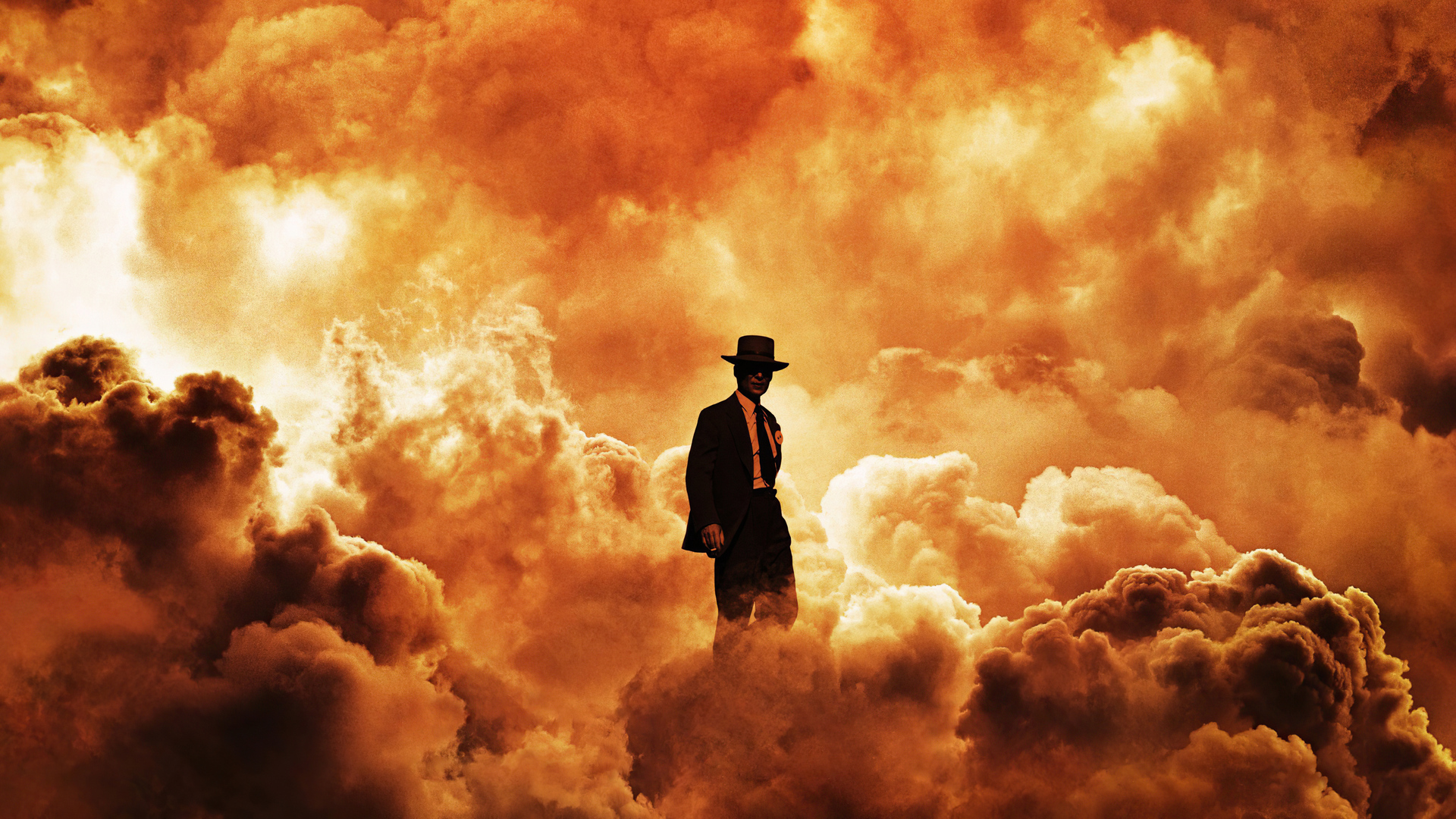
FAQ About Oppenheimer
Oppenheimer
2 years ago | gizem
How did popular culture portray Oppenheimer and his contributions?
J. Robert Oppenheimer and his contributions to the development of the atomic bomb have been portrayed in various ways in popular culture, including literature, film, television, and other media. These portrayals often reflect different aspects of his life, his role in the Manhattan Project, and his complex personality. Here are a few notable examples:
Literature:
- "American Prometheus: The Triumph and Tragedy of J. Robert Oppenheimer" by Kai Bird and Martin J. Sherwin: This biography provides a comprehensive account of Oppenheimer's life, his scientific achievements, his role in the Manhattan Project, and the controversies he faced during the McCarthy era.
- "Oppenheimer: Portrait of an Enigma" by Jeremy Bernstein: This biography delves into Oppenheimer's scientific contributions, his personality, and his involvement in the development of the atomic bomb.
Film and Television:
- "Fat Man and Little Boy" (1989): This film dramatizes the events leading up to the Trinity test, the first detonation of an atomic bomb, and explores Oppenheimer's role as the scientific leader of the Manhattan Project.
- "The Day After Trinity" (1980): This documentary film provides a detailed and personal look at Oppenheimer's life, his leadership during the Manhattan Project, and the ethical implications of his contributions.
- "Oppenheimer" (2023): Directed by Christopher Nolan, the film tells the story of American scientist Julius Robert Oppenheimer (Cillian Murphy) and his role in the development of the atomic bomb during World War II.
Plays and Theater:
- "Copenhagen" by Michael Frayn: While not solely focused on Oppenheimer, this play includes his character as a central figure discussing the ethical dilemmas and scientific discoveries surrounding the development of atomic weapons.
Literary References:
- Oppenheimer's famous quote from the Bhagavad Gita, "Now I am become Death, the destroyer of worlds," has been referenced in numerous works of literature and media as a symbol of the moral complexity of scientific advancements.
Documentaries:
- Various documentaries have explored Oppenheimer's life and his contributions to science and society, often discussing his leadership of the Manhattan Project, his ethical considerations, and the legacy of his work.
Artistic Interpretations:
- Visual artists have depicted Oppenheimer in paintings, drawings, and other visual mediums, capturing his contemplative demeanor and the weight of his responsibilities.
